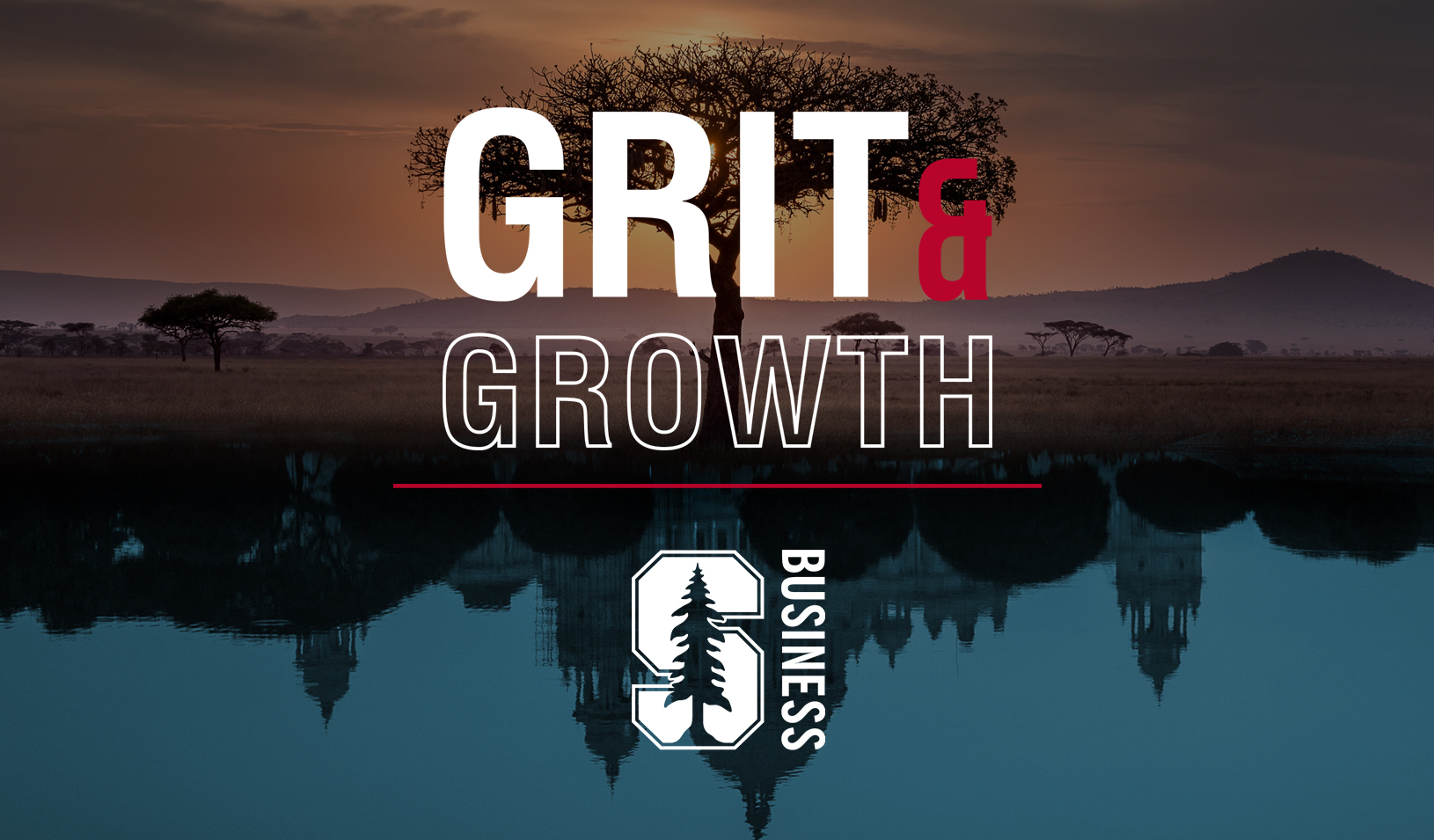November 29, 2012
| by Erika Brown Ekiel
Laura Ching
Many emerging technology companies are working hard to make the printing press obsolete, but Tiny Prints uses technology to encourage its customers to write and send more cards and letters. Based in Sunnyvale, Calif., Tiny Prints helps people create and print customized stationery, invitations, and birth announcements. Tiny Prints co-founder Laura Ching talked with us about values, culture, and competing with yourself. She graduated from Stanford Graduate School of Business in 2000.
In 10 words or fewer, what is the big idea behind your business?
Allowing people to connect more meaningfully beyond digital means.
What is the best advice you’ve ever received?
Solve a problem that you would want solved. Also, my mom drummed into me: “If you are going to do something, you might as well do it well.”
What was the most difficult lesson you have learned on the job?
Don’t compromise on hiring. An empty seat is better than someone bad sitting in it. Just this past year we hired someone who technically had it all. We checked every box. We had reservations about the fit with the team but made the hire anyway. We ended up spending so much time giving feedback to that person and trying to help everyone get along. It would have been easier if we held out a little longer and asked other people to pick up the slack until we found the right match.
What advice would you give other entrepreneurs on how to build a great business?
Building a great culture from the start is important. Don’t put it off until later! We invested a lot of time and mindshare into culture from the beginning. We recruited people who were like-minded, and we made sure all our partners were aligned in values and the type of company we wanted to build, as well as the personality of the company. We sat around a big table and brainstormed around adjectives we found important, the things we loved and didn’t love about places we had worked before. We wrote those words on a whiteboard and came up with common themes. We built our six values early on and educated team managers to buy into that vision.
What inspires you — how do you come up with your best ideas?
I have a burning desire to win and achieve. I was raised in a typical Asian family where that was important. I have a deep fear of letting people down. As a working mom I want to be a good role model for my children. I get my best ideas when I get off the grid and detach myself from my industry. Spending time thinking about fashion, toys, or architecture frees me up to think imaginatively. It’s hard to be innovative when you are stuck in your own industry. You see artificial boundaries around what you can and can’t do.
What is your greatest achievement?
Picking wisely in the spouse department. I’ve realized that success and achievement isn’t about me but the people I surround myself with. I have a good read on people.
What do you consider your biggest failure?
I have not fully achieved the balance between work and life and giving back to the community. I would love to work with schools in the area to develop more programs to encourage and enable volunteer efforts at an early age. In Silicon Valley kids live in a bubble, and they don’t see other parts of the community. I worry about that for our kids’ futures. I worry they will grow up too privileged and entitled, with no empathy or awareness.
What values are important to you in business?
One of our core values at Tiny Prints is to treat each other like family. When we recruit we look for people who value meaningful relationships. Our company is all about creating better connections. The work environment here is very collegial. People have become roommates, good friends, and godmothers. People have a great loyalty to each other. Of course every family is dysfunctional but we try to engender trust so people can be open and provide feedback that might be hard. When there is trust, you know it comes from a good place.
What impact would you like to have on the world?
Instilling the impact of a written note.
What was your first paying job?
I was an assistant at my grandfather’s construction company. I pushed a lot of paper. I was making minimum wage and learned that it took a lot of hard work to be able to support yourself. It made me realize I had better study hard so I could find more opportunities down the road.
What is the best business book you have read?
I don’t read a ton of business books. I draw advice and feedback in other ways. I read People magazine. That’s who our customers are, and it allows me to see new trends. It also allows me to relax. You can’t be “on” 24 hours a day.
What businessperson do you most admire?
My grandfather. So much of what I have learned in business came from him. He was an entrepreneur in a day when it was hard for Asian people to break through.
What is the most valuable lesson you took away from your time at Stanford?
To be confident in your own skin. I met so many people of different backgrounds. There isn’t a cookie cutter way to success.
What do you think is the greatest innovation in the past decade?
Tivo.
For media inquiries, visit the Newsroom.





